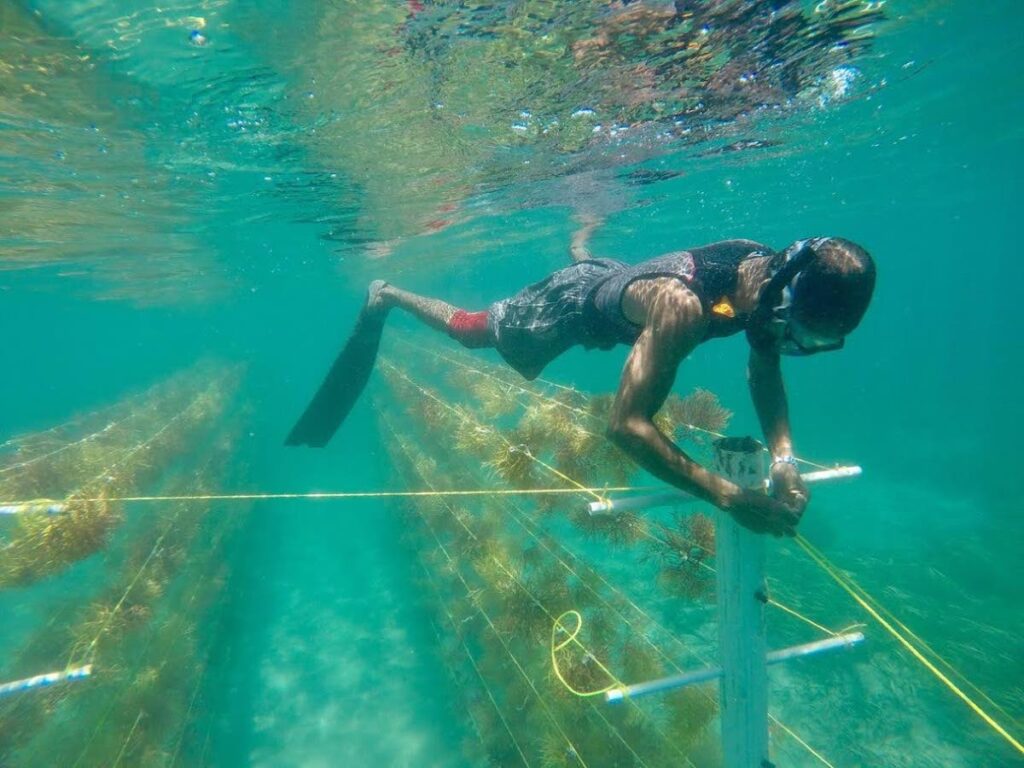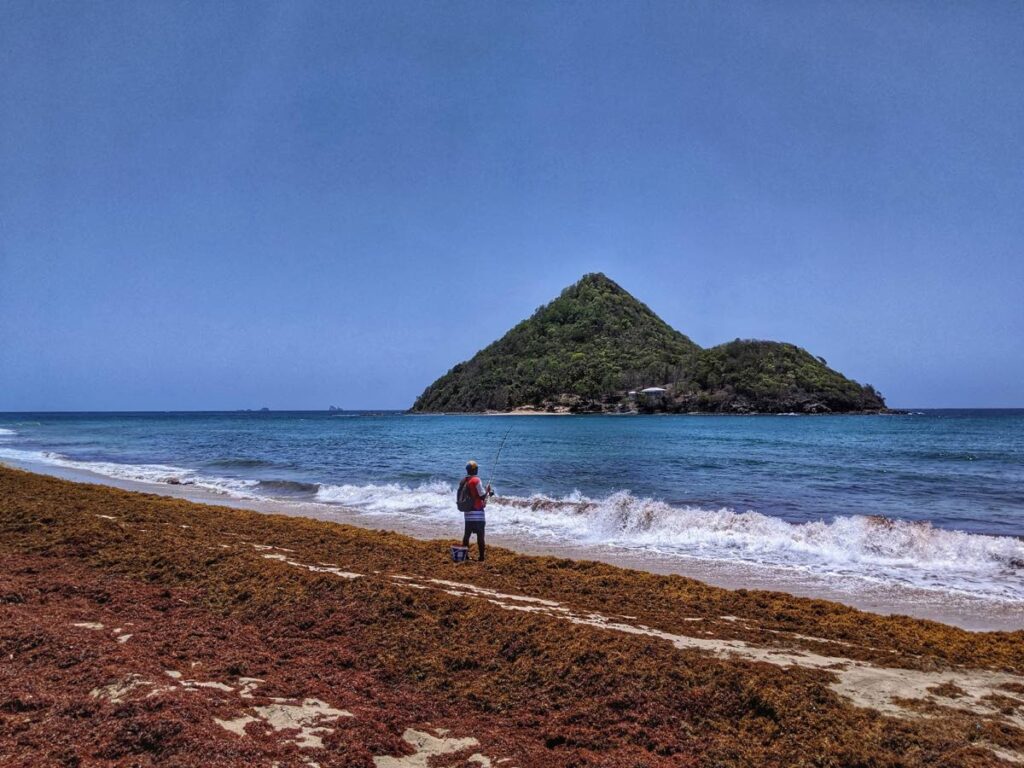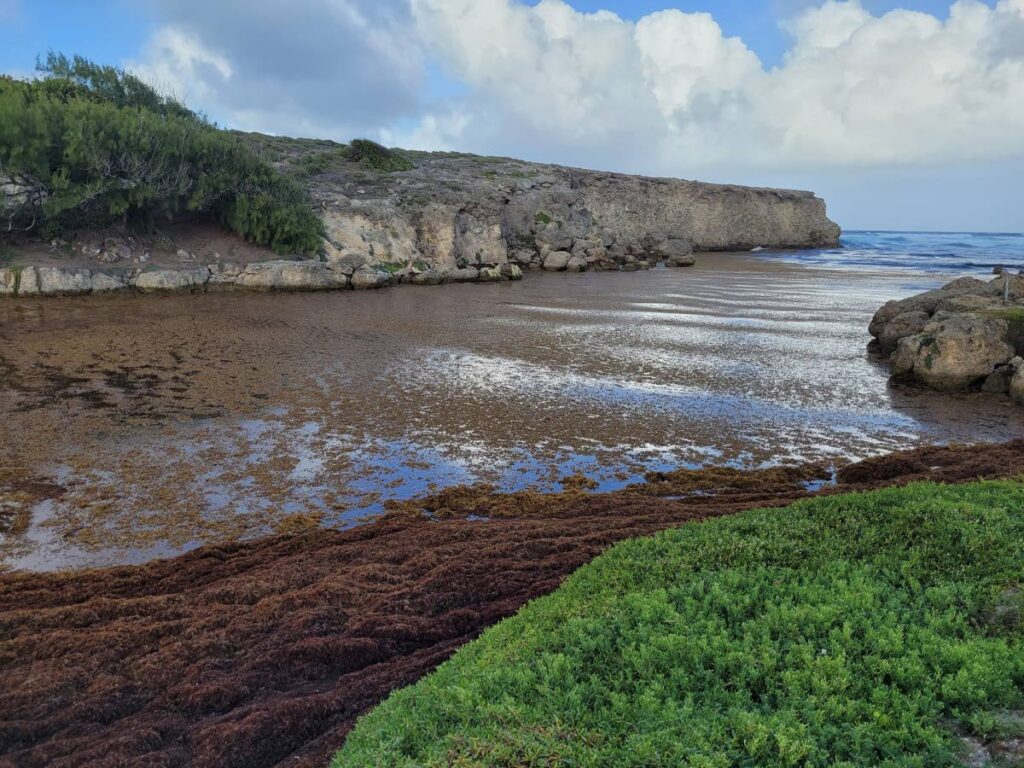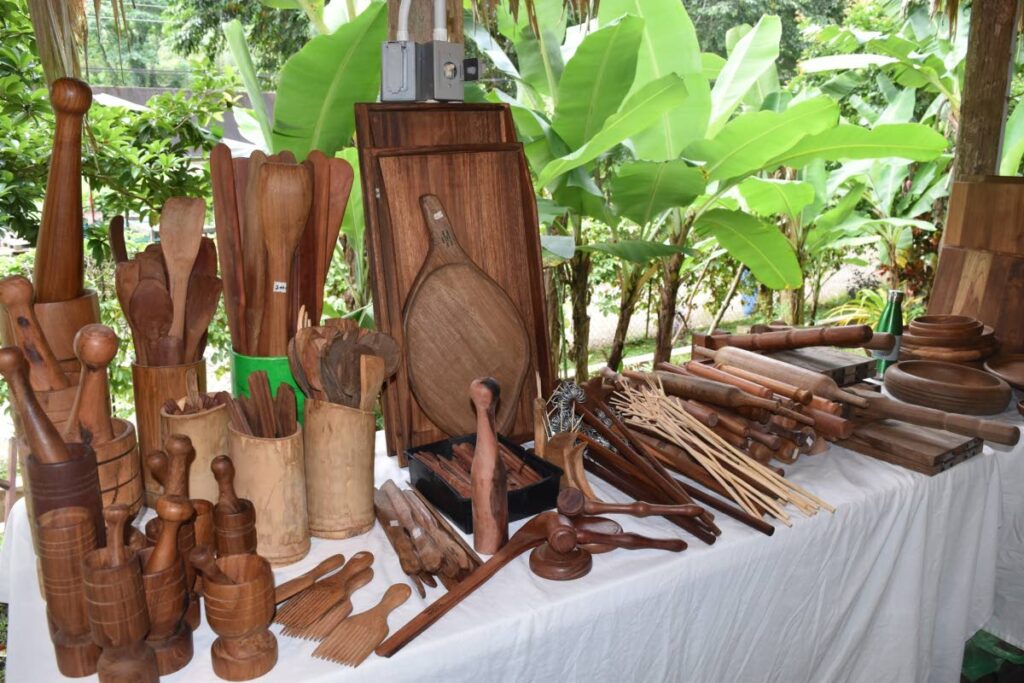Caribbean building back better after covid19 initiatives?

The Caribbean Natural Resources Institute (Canari) has published a technical report presenting findings from research assessing the extent to which 412 public-sector covid19 recovery initiatives were designed to contribute to a transition towards more green, inclusive and resilient development in the Caribbean.
The severe impact of the covid19 pandemic on Caribbean economies, businesses and livelihoods compounded existing development challenges and vulnerabilities in the region. Households and poor and marginalised groups, particularly women and those in the informal economy, suffered the harshest effects, a media release said.
Immediate covid19 relief programmes focused on health measures, social protection and support for businesses. But there was a need for covid19 recovery to address covid19 as part of multiple interlinked crises caused by climate change, biodiversity collapse and socio-economic-related threats to development, Canari said in the release.

Across the world there were calls for recovery initiatives be used as an opportunity to "rethink" or "reimagine" development through stimulus packages designed to support "building back better" to address interconnected crises.
But to what extent were Caribbean recovery initiatives actually designed to support transformation to more environmentally sustainable, just, fair and resilient Caribbean economic development?
To answer this question, Canari said it looked at 412 planned public-sector covid19 recovery initiatives from Antigua and Barbuda, Barbados, Guyana, Jamaica, St Lucia and TT, as well as regional initiatives, and mapped whether these were designed to deliver on four principles:
transforming economic governance,
supporting fairness, inclusion and justice in economic development,
supporting environmental sustainability while recognising and managing trade-offs,

enabling a low-carbon transition and building resilience to address multiple risks,
The mapping found top public-sector priorities included initiatives around enhancing support for micro, small and medium enterprises (MSMEs); development of and/or expanded access to renewable energy/energy-efficient technologies; digitisation and technological innovation; and more efficient use of resources and waste management.
The mapping also pointed to areas where more emphasis is needed, such as explicitly focusing on micro enterprises and building climate-resilient infrastructure, Canari said.
Limited attention was also being paid to long-term transformation, including shifting to participatory, bottom-up and decentralised economic decision-making and national development planning; supporting development and use of comprehensive wealth accounting systems (considering the value of nature in economic planning); and large-scale management of transboundary ecological systems using ecosystem-based approaches.
Little consideration was also given to the negative impacts on sustainability and equity of planned projects related to mass tourism (for example cruise-ship tourism), the oil and gas industry and initiatives decreasing funding for environmental conservation.

Since the research focused only on the stated aims of the recovery initiatives and not implementation and results, actual development priorities for Caribbean governments will only become clear when they move beyond recommendations and policy statements to development of concrete plans and programmes, allocation of finance and other resources and implementation, Canari said.
Ultimately, the study suggested broader stakeholder engagement is necessary to shape medium and long-term initiatives and investments that can contribute more meaningfully to transformation of the Caribbean’s development trajectory.

Through this initial mapping exercise, Canari said it aims to stimulate deeper assessment and dialogue on development, implementation and evaluation of covid19 recovery initiatives in the region. It hopes the research will lead to initiatives that will help to "build back better,"prioritise attention to delivery of the Sustainable Development Goals (SDGs) and catalyse the transformation to more environmentally sustainable, inclusive, fair and resilient Caribbean economic development.

Comments
"Caribbean building back better after covid19 initiatives?"